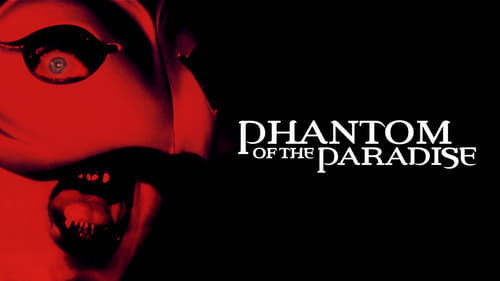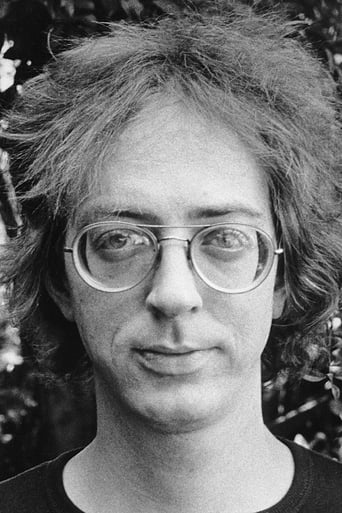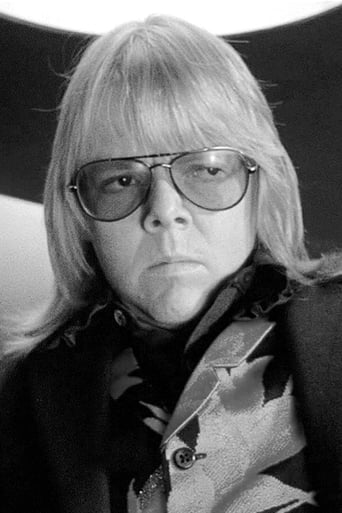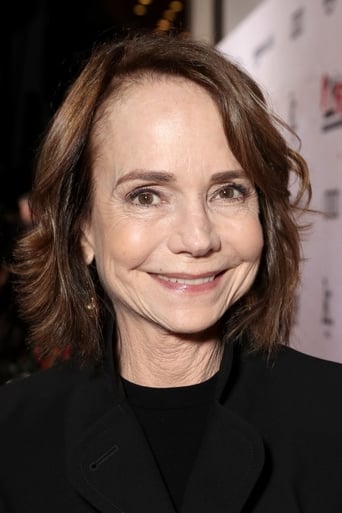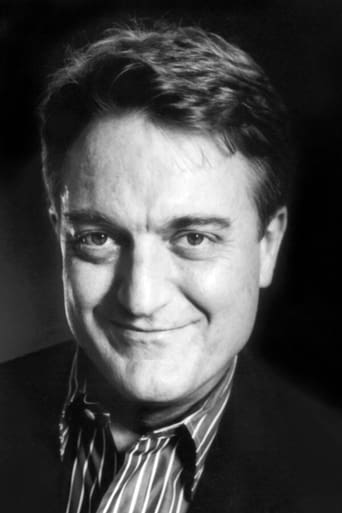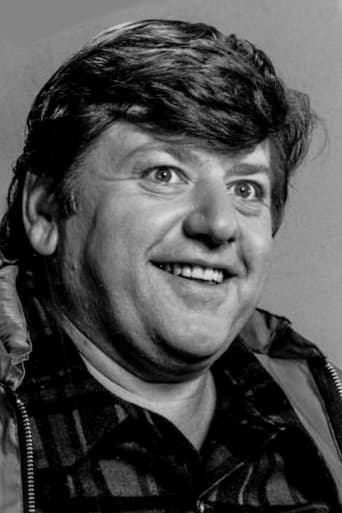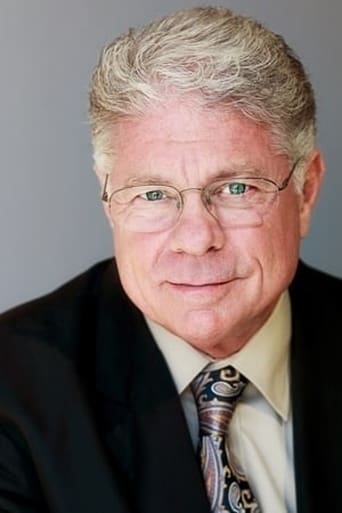ThiefHott
Too much of everything
LouHomey
From my favorite movies..
Ava-Grace Willis
Story: It's very simple but honestly that is fine.
Fleur
Actress is magnificent and exudes a hypnotic screen presence in this affecting drama.
christopher-underwood
Not being a great fan of musicals and reckoning that the phantom is probably my least favourite movie monster, it may not be surprising that I have never until now seen this film. This being despite always having been a DePalma fan. As it turns out this is not as bad as I feared, being particularly clever and amusing at times. Obviously there must have been budgetary restraints but the director pulls off both sound and visuals with some aplomb. Made the year before Rocky Horror Show, this is much more restrained on the 'camp' front and although Paul Williams is rather annoying offset by the charming performance from an angelic Jessica Harper in her first film.
PimpinAinttEasy
Dear Brian De Palma,you really hate the American music industry, don't you? You didn't even spare The Beach Boys. The songs in the film were truly awful, lol. I guess that was deliberate. Phantom of Paradise is an over the top depiction of American excess, debauchery and bad taste. That and the characters with grotesque faces and garish sets makes Phantom of the Paradise America's Satyricon (the Fellini film) - a study of how uninhabited devotion to pleasure eventually leads to the decline of a civilization. The exaggerated social satire set to music reminded me of A Clockwork Orange. The film might have had an influence on the makers of This is Spinal Tap. William Finley is such a great actor to have in your movie. His odd long face with the big nose, peppered with the cat eyes makes him almost like a special effect. Jessica Harper was disappointing, it was hard to imagine that the talented song writer (Finley) would be so enamored by her. I wonder what you and Dario Argento saw in her. She did act reasonably well though. Paul Williams nailed the creepy and cruel music producer. I noticed some of your trademarks like split screens, long point of view tracking shots and morally repugnant Italians. I was not enamored by the film beyond a certain level. I mean, I like the fact that you are being tongue in cheek with all the over the topness. But there are times when you lost your way with this style (Get to Know Your Rabbit was also an example of this).Best Regards, Pimpin.(5/10)
Roman James Hoffman
Say "1970s Glam-Rock musical" to anyone and you'll probably get "Rocky Horror Picture Show" in response. However, while "Rocky Horror" is all well and good with its transgender alt-sexuality tunes and uber-campy horror-movie stylings, "Phantom of the Paradise" beats it to the post by a year and furthermore director Brian DePalma (later to direct "Carrie" (1976)) trumps the more famous "Rocky Horror" by impressing with visual style, better tunes (in my opinion), and most of all a plot of substance which marries the Phantom of the Opera to the Faust legend at the same time as functioning as a penetrating critique/satire of the entertainment industry before delivering a genuinely tragic (and need-to-be-seen-to-be-believed) carnival-esque finale.Paul Williams (who also wrote the soundtrack) plays Swan, a media mephisto who through his 'Death' record label and club 'The Paradise' is always on the look-out for the next big thing in order to vamprically feed of it – whether financially or sexually or, presumably preferably, both. As such, he comes across talented but totally unknown song-writer Winslow Leach (William Finley) whose magnum opus, Faust, he promptly steals and who he has sent to prison where he becomes horrendously disfigured in an accident which provides the means of his escape. Thus driven by bitterness and resentment towards Swan, Winslow returns to the Paradise to enact his revenge. However, Swan confronts Winslow and plays on his artistic desire to have his music heard and smooth-talks him into finishing his Faust composition, even conceding to Winslow's provision that only Phoenix (Jessica Harper), an ambitious and talented singer he met once, sings. At this point, Swan tricks Winslow into signing a contract which reveals Swan to be not all he seems.It's hard to recommend that "Rocky Horror" fans should watch this as, despite superficial similarities (mainly in their lush visuals), the movies are chalk and cheese. The difference? Well, first of all it should be said that "Phantom of the Paradise" isn't a strictly-speaking a musical as the songs don't drive the narrative. Instead, the songs are self-contained and included as part of a film about showbiz. Another, more important, difference is that "Rocky Horror", apart from the subversive element of glam-rock gender-bending, is basically just a bit of fluffy fun. In contrast, "Phantom of the Paradise" has grander (and darker) ambitions: the film is a commentary on show-business and show the very real Faustian deals-with-the-Devil people make in their obsession with fame and how people's souls become grotesquely misshapen as a result and I defy anyone to not loathe Swan, be frustrated with Phoenix, and weep for Winslow as this tragic tale unfolds."Rocky Horror" it is not…and rightfully so as, although considerably less well-known, "Phantom of the Paradise" is something far, far greater. Watch it.
tomgillespie2002
For those who are familiar with the great work Brian De Palma did throughout the 1970's and 80's, his bright, energetic glam-rock opera Phantom of the Paradise may seem like something of an oddity. It's a spin on The Phantom of the Opera, with elements of Faust and The Picture of Dorian Gray, told within the context of the music business, who De Palma and scorer/star Paul Williams obviously hold some level of disdain for. While this may differ tonally and perhaps thematically to De Palma's more popular works, Phantom embodies the mixture of flair and homage that De Palma perfected, which many label him a rip-off merchant for (though I strongly disagree).Sad-sack composer Winslow (William Finley) is overheard playing his Faustian opera by the powerful and mysterious music producer Swan (Williams). Swan is on the cusp of opening his new theatre The Paradise, and feels Winslow's music is perfect for his vision of nostalgia and kitsch. Winslow offers his work to Swan, but is never called or paid for his contribution. Seeking answers, he arrives at Swan Records to see an endless line of women, including Phoenix (Jessica Harper), auditioning to be a backing singer and singing his songs. He is thrown out, framed for drug possession and sentenced to life in prison. But Winslow escapes and, after being mutilated by a record press, seeks vengeance on Swan.For all it's visual pizazz, where Phantom lacks is within the casting. Finley, who had worked with De Palma the year before in Sisters and who sadly died in 2012, struggles to make his character empathetic. Williams, while certainly looking the part, lacks the presence to convince that he would be able to wield such a control on his underlings. Harper, while cute as a button, lacks the charisma to really justify Wimslow's obsession over her. The only actor to really impress is Gerrit Graham as glam-rock God Beef, who behind the scenes is a fussy little queen. Beef is no doubt Paul Williams' stab at all those self- important diva's he unavoidably came into contact with during his time as a musician.But with a bright and bouncy film such as this, the acting plays second fiddle to the visuals and the music. While the music may not be catchy in the same way as Phantom's close relation The Rocky Horror Picture Show (1975), in context they contemplate De Palma's camera. All of De Palma's visual ticks are there - crane shots, long takes, split-screen - and it even throws in a homage to Psycho (1960), only with a plunger. It makes for quite an exhausting experience, but you only really need to hold your breath and dive in, and it's really quite easy to fall in love with it. It was unfairly panned by critics and ignored by movie-goers on it's release, but with De Palma's early films getting positive re- evaluation with various Blu-Ray releases, Phantom is finally getting the praise it deserves.www.the-wrath-of-blog.blogspot.com











